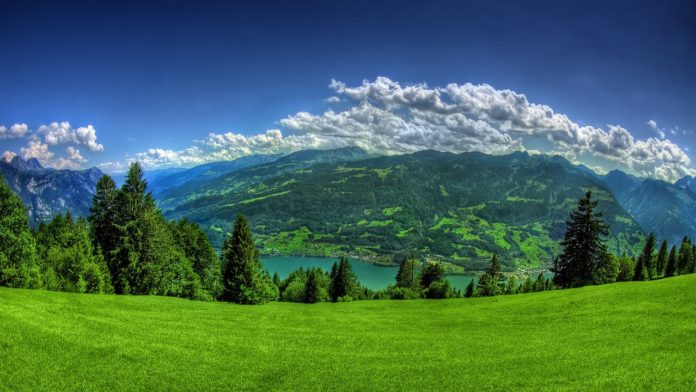As Pakistan witnesses the dawn of a new government, the pressing need to prioritize environmental issues looms larger than ever before. The challenges we face are daunting: from rampant air and water pollution to deforestation and the looming specter of climate change, the health of our planet and our people hangs in the balance. In some parts of the country, we are already facing “rain emergency”.
Pakistan is at a crossroads, where rapid urbanization poses great threat to exacerbate environmental degradation. The consequences of inaction or a delayed action are dire, with adverse effects on public health, agriculture, and overall quality of life. As such, the incoming government must recognize that safeguarding our environment is not merely a luxury but an absolute necessity for sustainable development and the well-being of future generations.
One of the most urgent issues facing Pakistan is air pollution. It is ranked as the highest environmental/occupational factor for related morbidities and mortality. Our cities, particularly Lahore and Karachi, consistently rank among the most polluted in the world, with severe implications for respiratory health and overall quality of life. Vehicular emissions, industrial pollution, and the burning of crop residues leaves the air saturated with harmful pollutants at an unprecedented rate. The government must prioritize the implementation of stringent air quality regulations, invest in clean energy alternatives, and promote public transportation to mitigate the harmful effects of air pollution.
Water scarcity and water pollution are other pressing concerns that demands immediate attention. Pakistan is a water-stressed country, with inefficient irrigation practices, unchecked industrial pollution, and climate change exacerbating the problem. Annually, many people suffer or die due to water-born diseases. The government must prioritize water conservation efforts, invest in updating irrigation systems, and crack down on industries that pollute our rivers and groundwater sources. Furthermore, sustainable management of our water resources is essential to ensure equitable access for all citizens.
Deforestation and biodiversity loss are also critical issues that require urgent action. Pakistan has lost vast swathes of its forests due to illegal logging, encroachment, and unsustainable land use practices. Many great trees have gone “missing” in our country. This not only threatens precious ecosystems and wildlife but also exacerbates climate change by reducing carbon sequestration. The new government must enact and enforce stringent laws to protect our forests, promote afforestation initiatives, and engage local communities in conservation efforts.
Climate change poses perhaps the greatest challenge of our time, with profound implications for agriculture, water resources, and natural disasters. Pakistan is already experiencing the effects of climate change, from erratic weather patterns to extreme heatwaves and floods. The government must prioritize climate adaptation and resilience measures, invest in renewable energy infrastructure, and honor its commitments under the Paris Agreement.
This grim picture shows that the country stands at a critical juncture, where the decisions we make today will shape the future of our planet and our people. As the new government prepares to govern, it is crucial to prioritize the envisioning of environmental sustainability by taking bold and decisive action to address these pressing concerns.
Green governance is the need of the hour while ensuring that environmental concerns are integrated into all aspects of governance, including economic, social, and political spheres, with the goal of fostering a harmonious relationship between human activities and the natural environment for the benefit of current and future generations. By doing this, we can pave the way for a greener, healthier, and more prosperous Pakistan. The time for action is now, and our collective future depends on it.
The author is a faculty member at Fatima Jinnah Women University, Rawalpindi, Pakistan.

